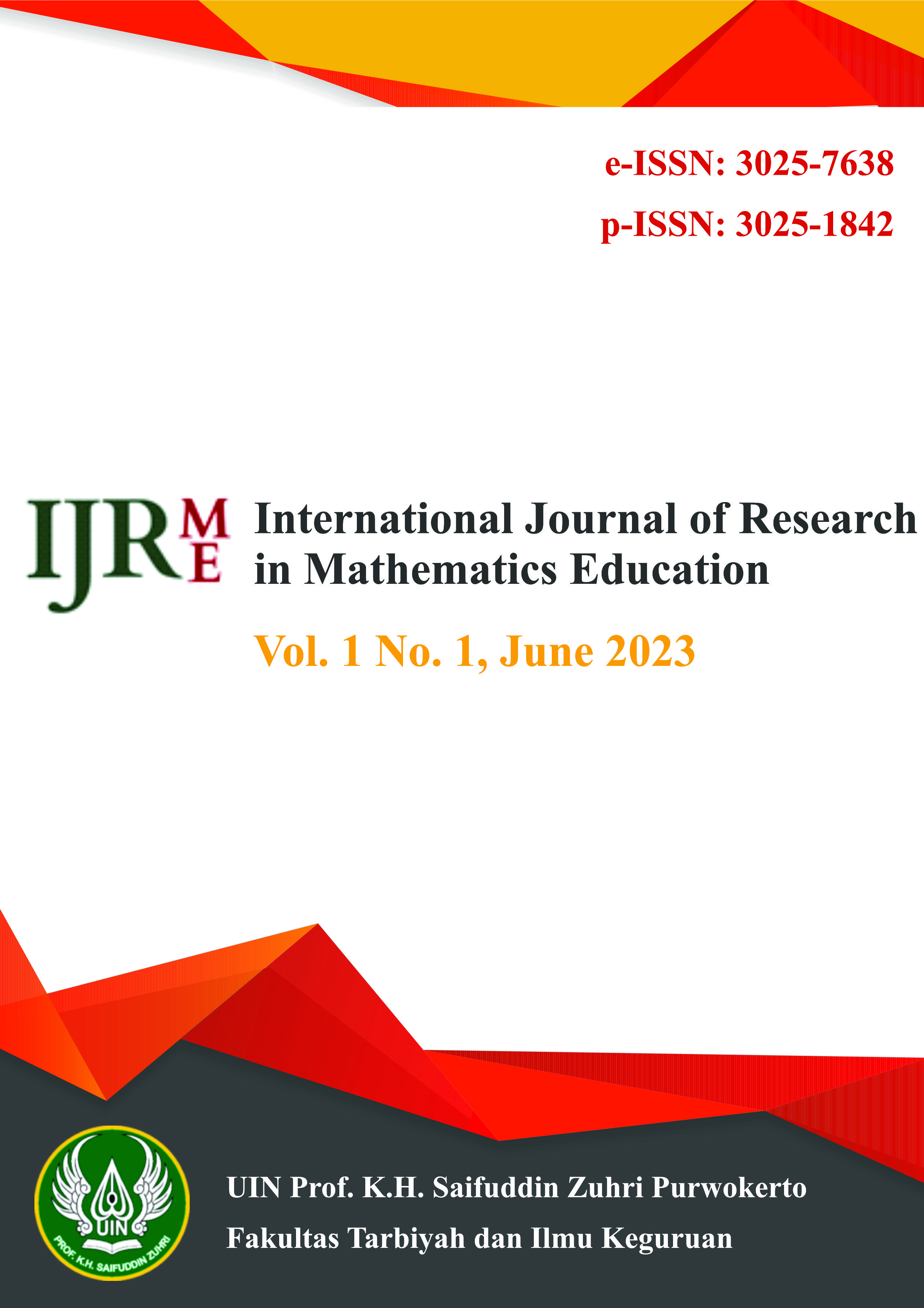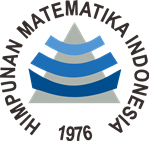The Influence Of Flipped Classroom Learning Strategies In Improving Ability In Understanding Mathematics Conceps Statistic Materials In Grade VIII At SMP 1 Baturaden
DOI:
https://doi.org/10.24090/ijrme.v1i1.8546Keywords:
conceptual understanding, Flipped classroom, learning strategy, active interaction, educationAbstract
The ability to understand concepts is very important to understand learning material in the framework of learning outcomes that are in accordance with the goals to be achieved. The low understanding of students is caused by two factors, namely internal factors and external factors. Internal factors are factors from within while external factors are factors that are outside the individual. The selection of learning strategies is an external factor that can increase students' understanding. Learning methods are less innovative and boring, such as only listening to teacher explanations and lack of student activity in learning, and are still teacher-centered and students often feel bored with ongoing learning. This type of research uses an experimental method. The population in this study was class VIII at SMP Negeri 1 Baturaden. The sample of this research is class VIII A and VIII B which consist of 66 students. Analysis using the t test. Conceptual understanding is an important aspect of learning that allows students to acquire in-depth and sustainable knowledge. In recent years, the Flipped classroom learning strategy has emerged as an innovative approach in education, in which learning materials are conveyed to students outside the classroom through videos or reading materials, while class time is used for discussion and application of concepts. This study aims to determine the effect of the strategyReferences
Farida. (2018). The Effect of Heuritic Learning Strategies on the Ability to Understand Mathematical Concepts. Journal of Mathematics Education, No.2
Firmansyah, D & Dede. (2022). Common Sampling Techniques in Research Methodology: Literature Review, Scientific Journal of Holistic Research (JIPH), Vol. 1, No. 2 , p. 92
Hanif, N.M and Wasis Himawanto, Education Statistics, (Yogyakarta: Deepublish (CV BUDI UTAMA Publishing Group), p., 39
Hendriana.H et al. (2017) Hard Skills and Soft Skills Mathematics Students, (Bandung: PT Refika Aditama) p. 7.
John W. (2010) Santrock, educational psychology, (Jakarta: Kencana), p.352
Khofifah. L (2020) . Thesis: The Effect of Flipped Classroom Learning Models and Discovery Learning) on Students' Ability to Understand Concepts and Solve Mathematical Problems (Lampung: UIN Raden Intan Lampung. page 9
Mutmainah, S. Setiawan, and Purwanto (2019. "Flipped Classroom Learning Model Utilizing Content at Home Learning at the Middle School Level", Ministry of Education and Culture Center for Information and Communication Technology Education and Culture
Nanang Supriadi(2018)"Learning Geogebra-Based Geometry as an Effort to Improve Mathematical Communication Skills of Madrasah Tsanawiyah (Mts) Students," AlJabar: Journal of Mathematics Education 6, No. 2,
Netriwati, "Application of the Revised Bloom's Taxonomy to Increase the Ability to Understand Mathematical Concepts," Netriwati, "Application of the Revised Bloom's Taxonomy to Increase the Ability to Understand Mathematical Concepts," Decimal:Jurnal Mathematics, Vol. 1, No. 3, (2018)
Netriwati. (2018). "Implementation of the Revised Bloom's Taxonomy to Increase Ability to Understand Mathematical Concepts," Netriwati, "Application of the Revised Bloom's Taxonomy to Improve Ability to Understand Mathematical Concepts," Decimal:Jurnal Mathematics, Vol. 1, No. 3
Nurkholis. (2019). Education In an effort to advance technology. educational journal .vol 1, no.1
Patandean, R. E. & Indrajit, R. E. (2021). ''Flipped classroom: makes students think critically, creatively, independently, and be able to collaborate in responsive learning". p.69
Pebriyanti,N.M (2020) undergraduate thesis: differences in mathematics learning outcomes of students taught flipped classroom and conventional learning strategies (Makassar: Makassar university)
Riyono.J (2021) Analysis of factors that influence students' understanding of mathematical concepts, journal of mathematics education, vol.6, No.01,, p. 2
Rohmad. (2018). Development of evaluation and research instruments, (Yogyakarta: Mitra Media, p.121
Setiawat, F.A. (2017) applied statistics for educational and social research, Yogyakarta: Parama publishing.
Sudijono. A (2016). Introduction to statistics, (Jakarta: PT Raja GrafindoPersada,), p. 75.
Supriadi.N (2018). "Geogebra-Based Geometry Learning as an Effort to Improve Mathematical Communication Skills of Madrasah Tsanawiyah (Mts) Students," AlJabar: Journal of Mathematics Education 6, No. 2
Susanti and Pitra Hamama. (2019) flipped classroom as learning in the digital era vol.1no2.
Susanti dan Hamama Pitra:flipped classroom sebagai pembelajaran di era digital vol.1no2.2019
Suwarni, D.I (2017) . Breakfast of the Think-Talk-Write learning model and Reciprocal demonstrations to Improve Ecosystem Learning Outcomes for SMP PGRI Suryakencana Bogor Students. Journal of Scientific Education. Vol. 3, No. 8
Syamsul, A.E et al (2019). “Understanding of Mathematical Concepts in the Linear Equation with Two Variables: Impact of E-Learning and Blended Learning Using Google Classroom,” Al-Jabar: Journal of Mathematics Education, Vol. 10, No. 2
Downloads
Published
How to Cite
Issue
Section
License
Copyright (c) 2023 Fenita Riyanti, Amel Zitouni

This work is licensed under a Creative Commons Attribution-ShareAlike 4.0 International License.
Authors who publish with this journal agree to the following terms:
Authors retain copyright and grant the journal right of first publication with the work simultaneously licensed under a Creative CommonsAttribution-ShareAlike License that allows others to share the work with an acknowledgment of the work's authorship and initial publication in this journal.
Authors are able to enter into separate, additional contractual arrangements for the non-exclusive distribution of the journal's published version of the work (e.g., post it to an institutional repository or publish it in a book), with an acknowledgment of its initial publication in this journal.
Authors are permitted and encouraged to post their work online (e.g., in institutional repositories or on their website) prior to and during the submission process, as it can lead to productive exchanges, as well as earlier and greater citation of published work (See The Effect of Open Access).













